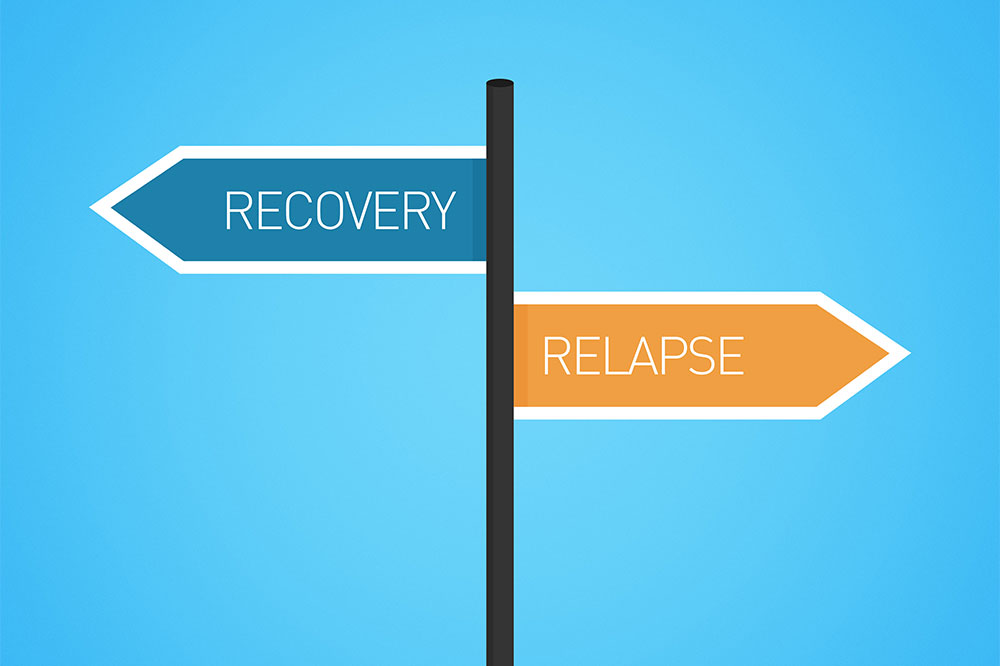Effective Strategies to Prevent Relapse After Recovery
Discover practical strategies to sustain sobriety and prevent relapse after addiction treatment. Building a support network, engaging in group therapy, managing stress, and staying distracted are key elements to maintaining recovery. These approaches empower individuals to overcome cravings and reinforce their commitment to an addiction-free life, ensuring long-term success. Remember, ongoing emotional support and healthy habits are essential in the journey towards lasting sobriety.

Effective Strategies to Prevent Relapse After Recovery
To maintain sobriety, consider these straightforward approaches to manage withdrawal and resist temptations effectively.
Build a Support Network
Establishing a reliable support network with caring friends and family is essential. Remember, recovery is a gradual process, and having a dependable support system can help you stay on track and cope with cravings. Seek guidance from former addicts or sponsors who have successfully maintained sobriety; their insights can boost your confidence and resilience.
While medical treatment helps the body become independent of addictive substances, emotional support and therapy strengthen the mind's ability to resist relapse. Participating in support groups offers a platform for sharing successes and challenges, fostering motivation. Learning from others’ experiences reinforces your commitment to sobriety, especially through step-based programs that reward progress and encourage perseverance.
Managing stress efficiently is critical, as stress often triggers substance abuse as an escape mechanism. Engage in activities like exercise or hobbies that release endorphins, boosting mood naturally. Spending quality time with pets or engaging in relaxing routines can also improve mental health.
Remaining occupied with healthy activities and distractions such as reading, movies, or socializing helps divert attention from cravings. It is vital to remember the negative consequences of relapse to stay motivated on the recovery journey.










